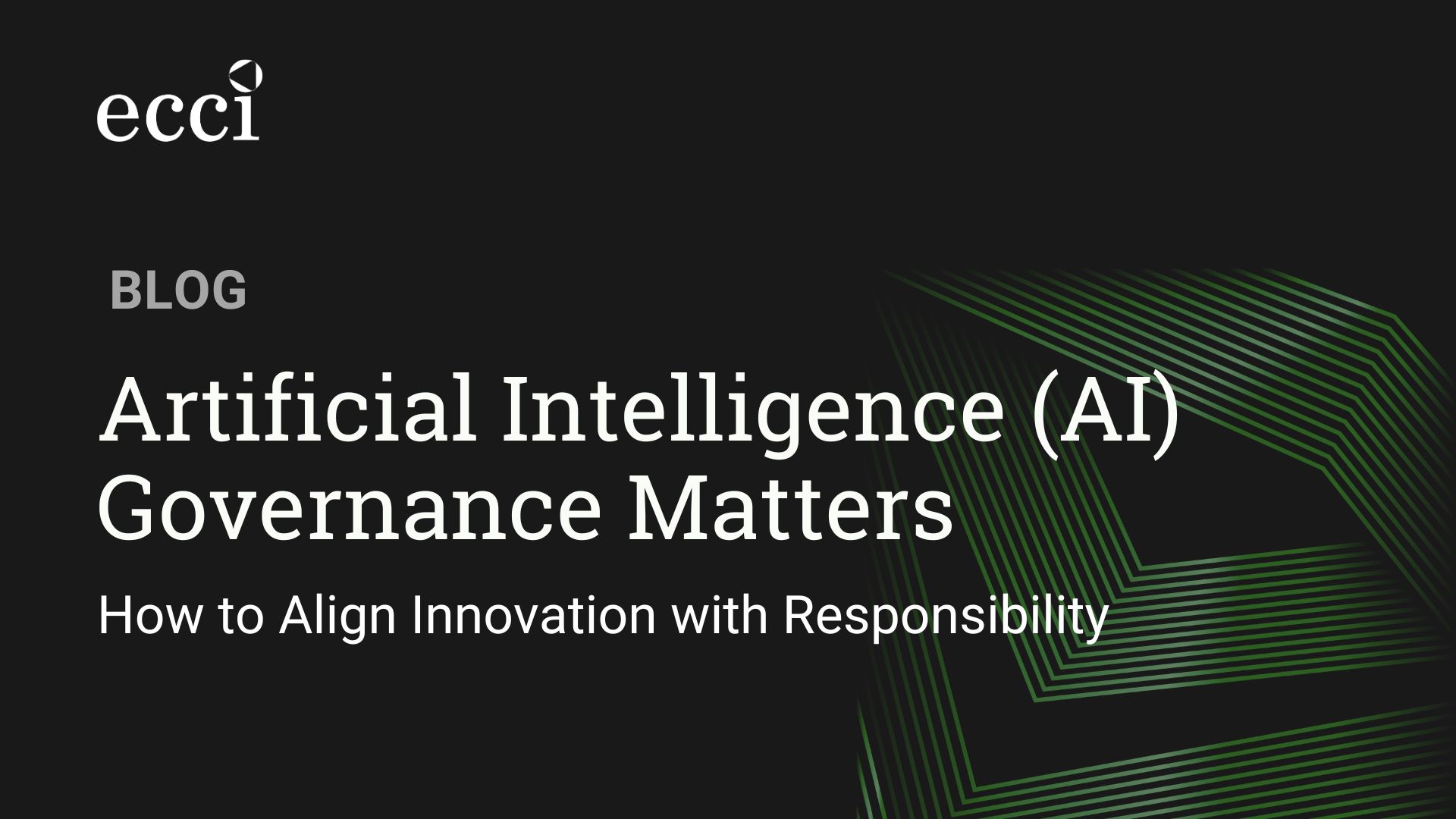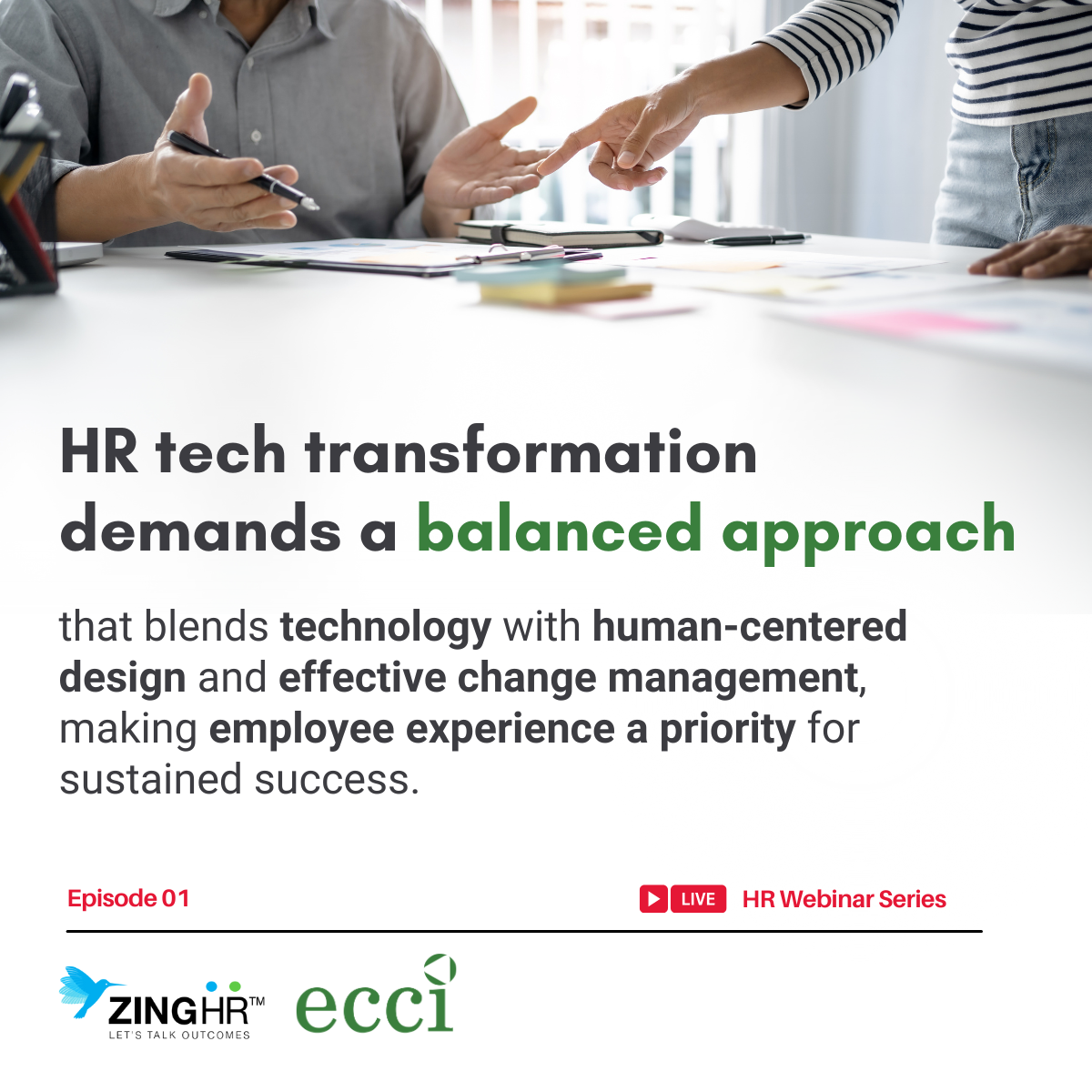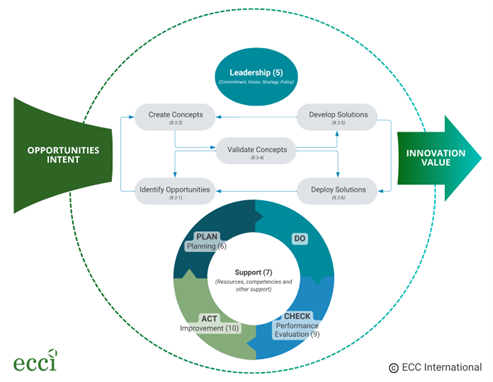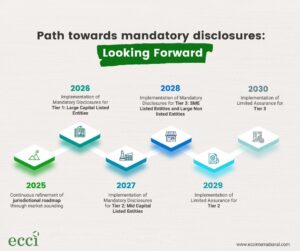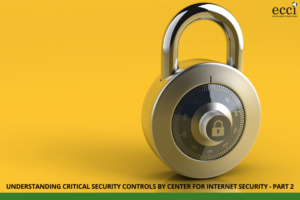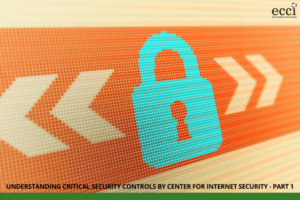Photo by Thanakorn Phanthura from Pexels
Annual reporting of sustainability performance (as a Sustainability Report) is becoming a necessity not meant only for Tier 1 / MNCs in developed economies.
Stakeholders reviewing the data and the purpose it fulfills has expanded significantly
Need for integrity of information more critical now than ever
If data collection, checking and collation is done manually
- Takes inordinate amount of time
- process becomes cumbersome
- Integrity is questionable
- Invariably, timelines are not achieved
- Same process gets repeated following year with probably newer set of people, data points etc.
Incorporating data management controls and automating the process is becoming a must to achieve sustainable growth
This space is becoming more viable for small and medium companies as long as they are committed, owing to increasing number of options that demand LOW initial investment, QUICK implementation time and pre-built guidelines / parameters BENCHMARKED with international standards such as GRI, IIRC etc.
Why Automation
- Efficiency – save time and money
- Integrity – increased confidence in data/results being circulated to stakeholders, show compliance easily and spot source of errors if any
- Re-focus – invest saved resources into aspects that ‘matter’
- Agility – alter / update focus areas easily and rollout to the team faster unlike in disparate excel sheets
Aspects to consider while automating the process
- Work with sustainability experts (account the need for support from people who have implemented such systems in the past to avoid routine errors)
- Consider knowledge and experience in local context (presence of local partners with the right knowledge, local clients / success stories)
- Implementation time and ease
- Review sustainability of the investment (longevity of the tool consider updates to the guidelines, their plans for growth / improvement)
- TCO (Total Cost of Ownership) – know what you are getting into and avoid cost traps
- Alignment with organisational goals and objectives


